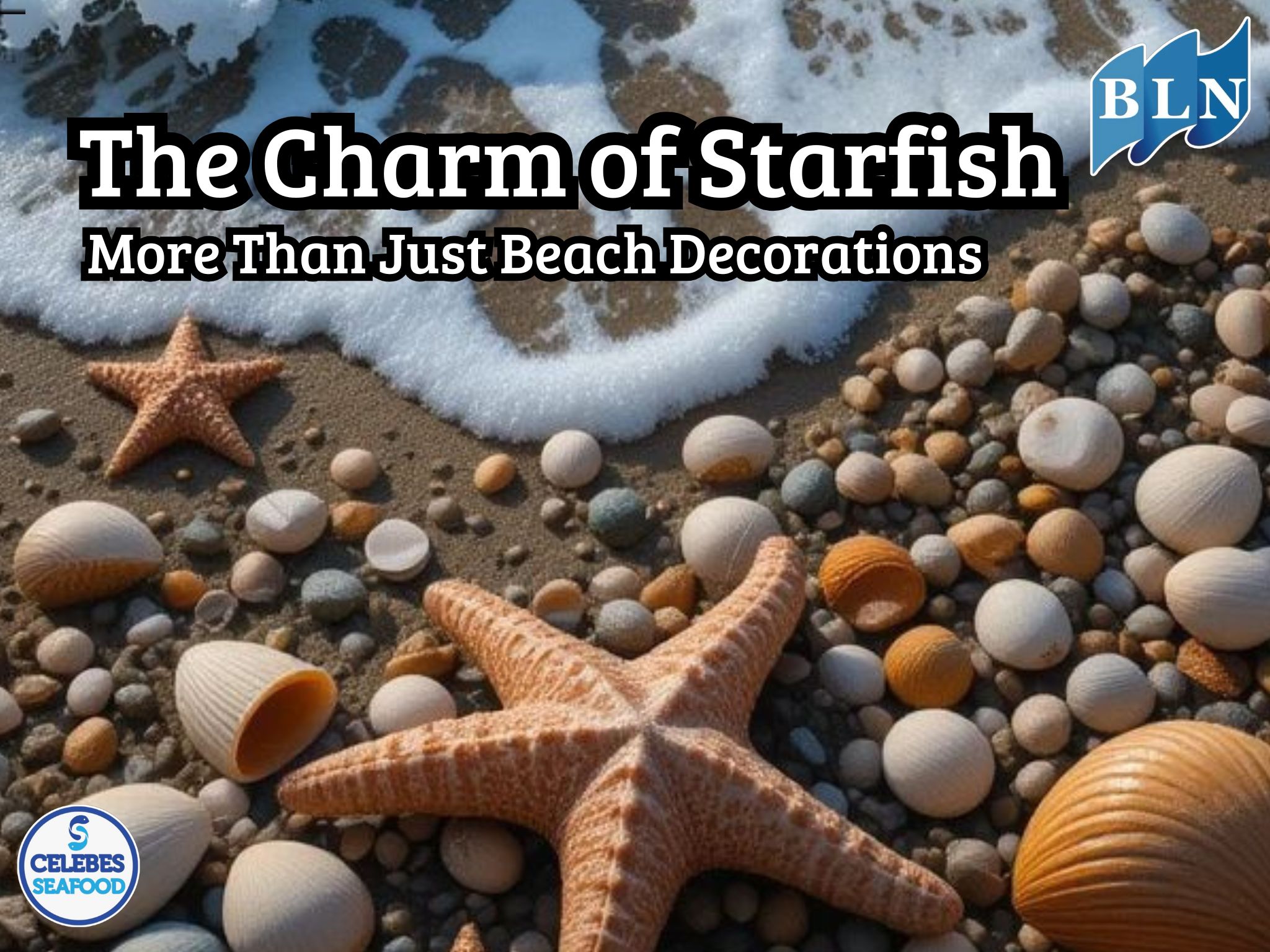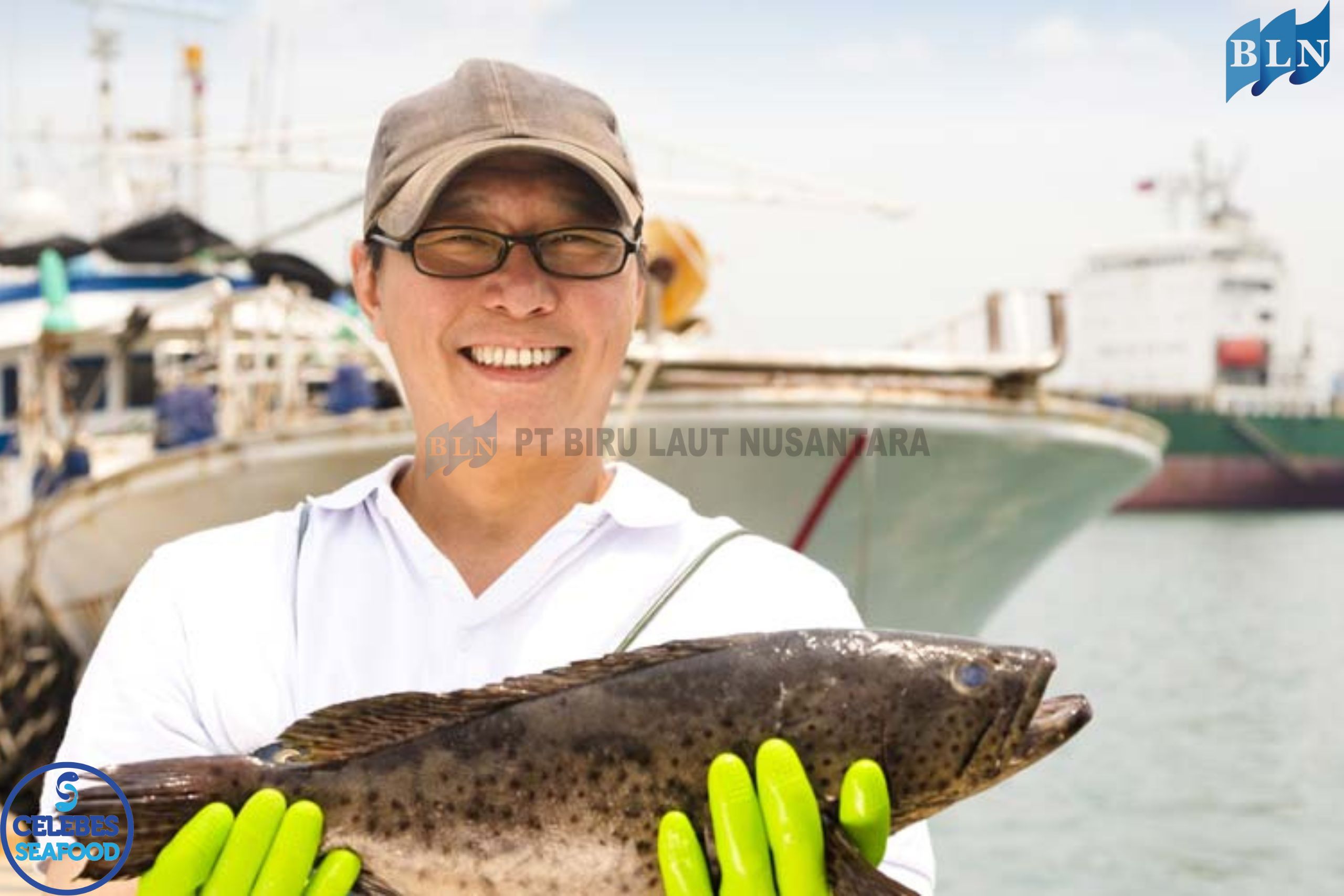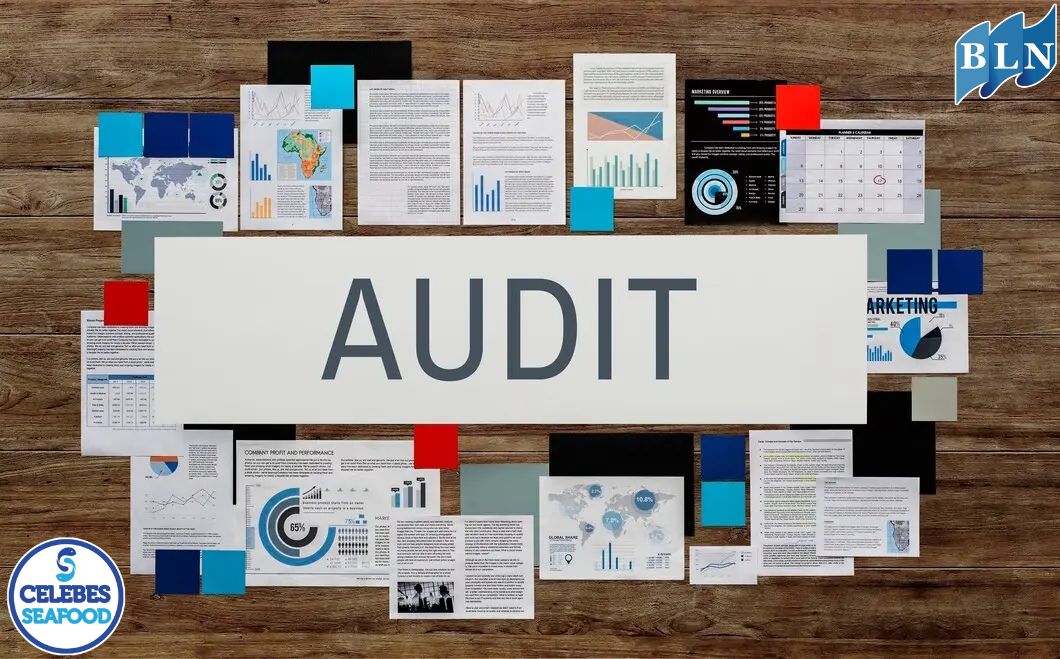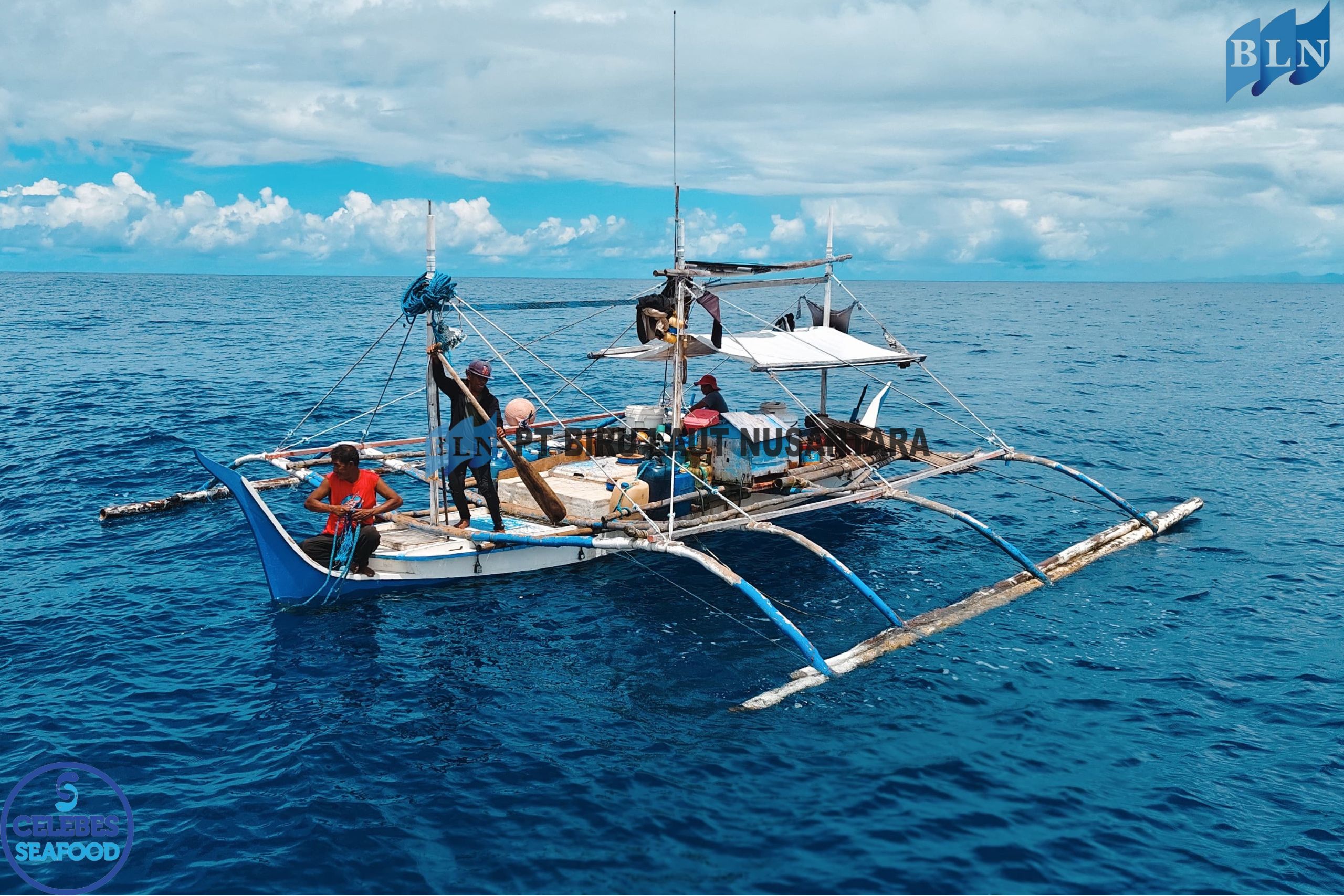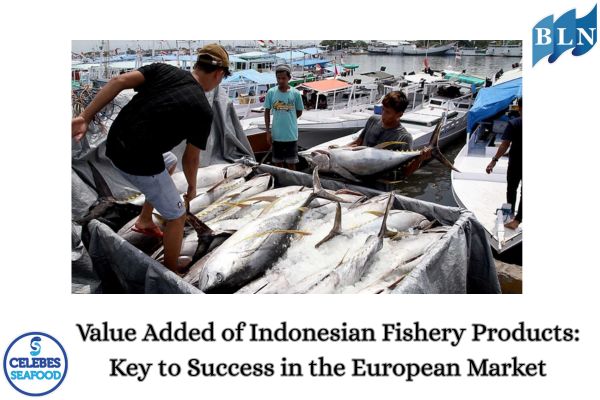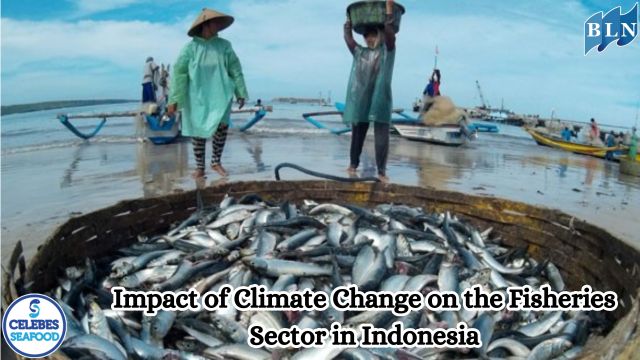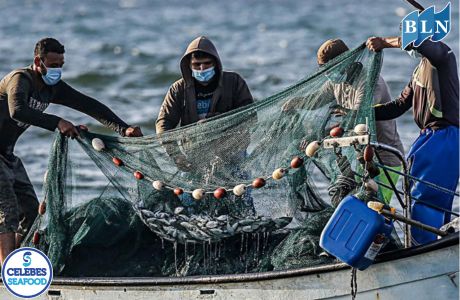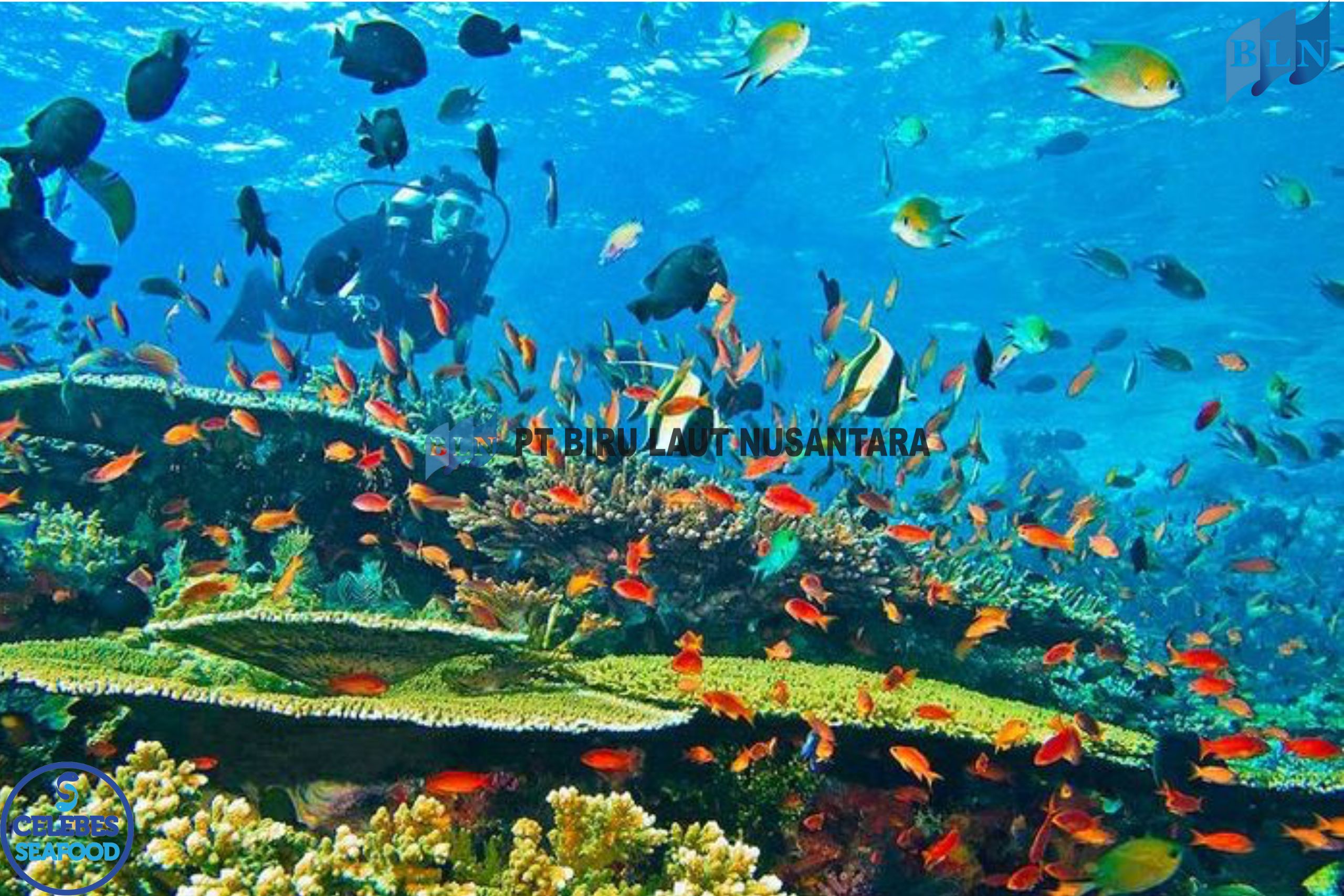The Role of Baby Octopuses in the Coral Reef Ecosystem Food Chain
By. Amma - 21 Mar 2025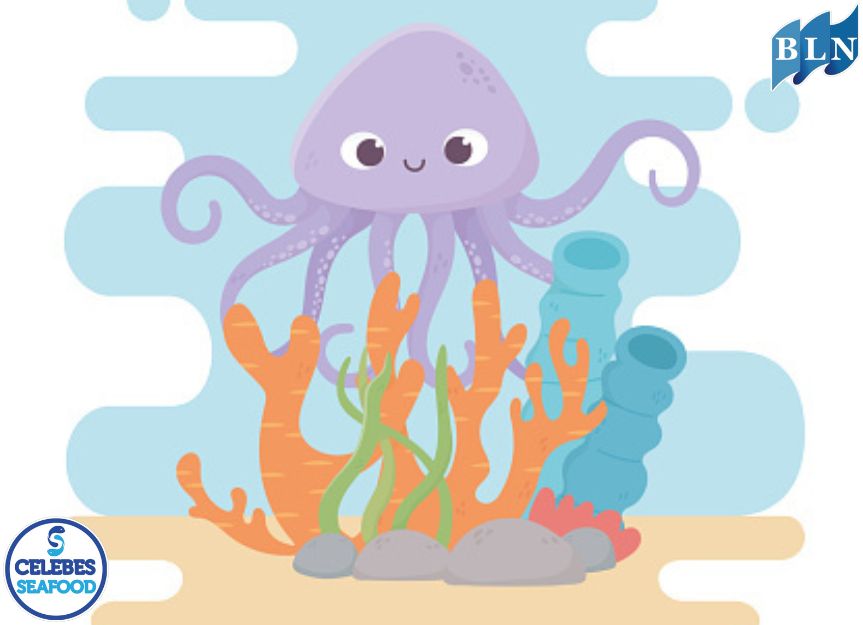
lautnusantara.com Baby octopuses play an important role in the coral reef ecosystem food chain, both as prey and predators. Here are some of their main roles:
1. Food Source for Other Predators
a. Baby octopuses that are still very small and weak become prey for various marine animals, such as:
- Small fish
- Sea birds
- Crustaceans
b. This role is important to maintain the balance of predator populations in coral reef ecosystems.
2. Predators for Small Animals
a. As they grow, baby octopuses begin to hunt small animals, such as:
- Zooplankton
- Crustacean larvae
- Sea worms
b. This predator activity helps control the population of small animals and maintains the balance of the ecosystem.
3. Part of a Complex Food Web
- Coral reef ecosystems have very complex food webs. Baby octopuses are connected to various other species through eating and being eaten relationships.
- Their presence contributes to the stability and diversity of the ecosystem.
4. Ecosystem Health Indicator
- A healthy population of baby octopuses can be an indicator of the health of a coral reef ecosystem.
- A decline in their population can indicate environmental problems, such as pollution or climate change.
The Importance of Balance
- Like all organisms in an ecosystem, baby octopuses are most effective when their populations are in balance.
- Overfishing or habitat disturbance can disrupt this balance and negatively impact the ecosystem as a whole.
Thus, baby octopuses make a significant contribution to maintaining the dynamics and balance of coral reef ecosystems.
If you are interested in our product OCTOPUS WHOLE CLEANED BALL TYPE, Octopus Whole Cleaned Yucatan, Octopus Whole Cleaned Yucatan, OCTOPUS LEGS please do not hesitate to contact us through email and/or whatsapp.
